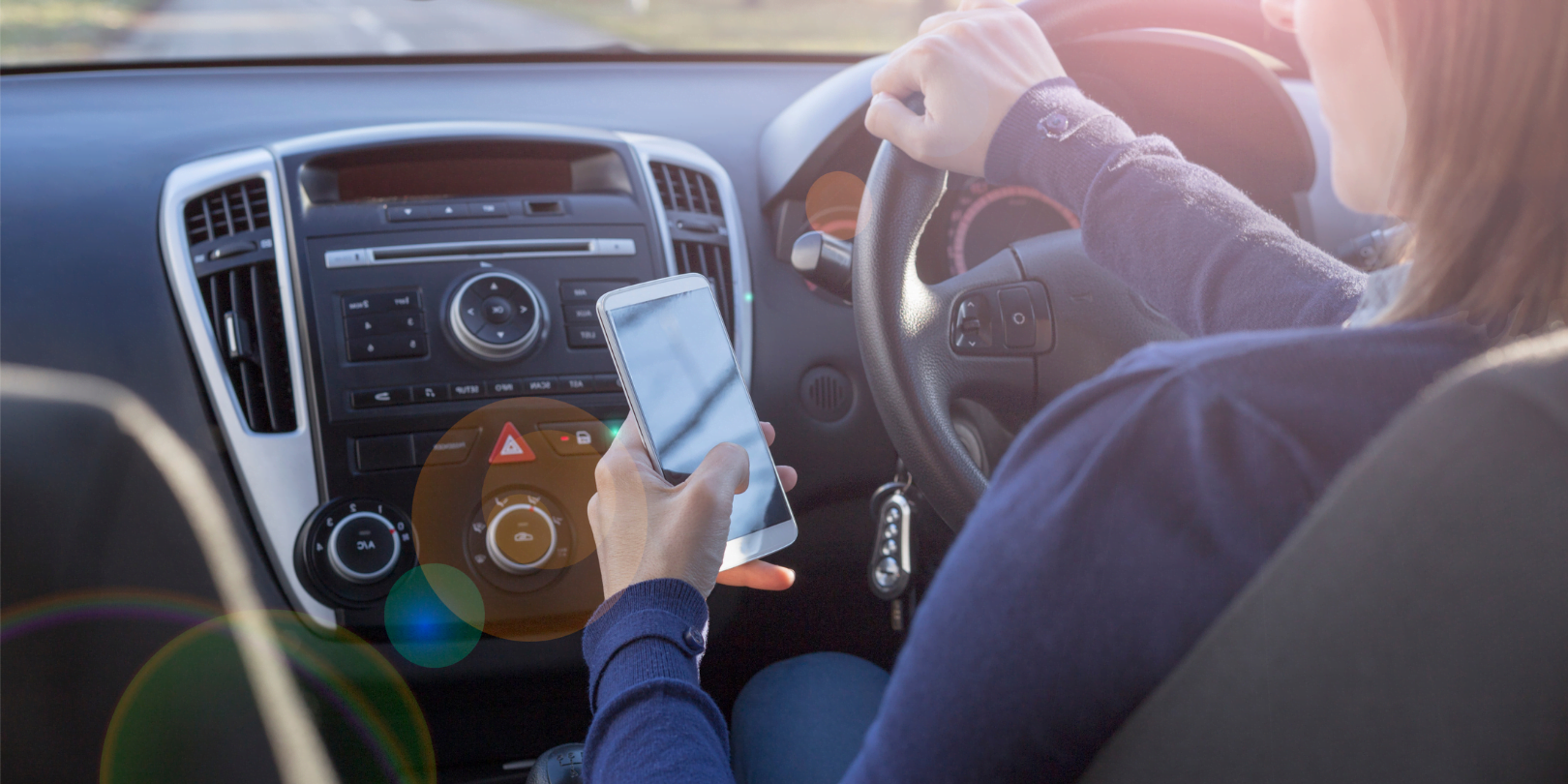
When driving for work you may find yourself more susceptible to distractions both inside and outside the vehicle, with the Festive season bringing a host of it’s own distractions.
Winter illnesses, increased likelihood of fatigue, poor visibility, and even being preoccupied with thoughts about Christmas can make drivers more susceptible to the distractions that might ordinarily threaten their safety. On top of other Winter hazards like poor weather and road conditions, this can be a recipe for significantly increased risk of collisions. Being able to successfully manage distractions will ensure that you or your drivers get to where they need to be safely.
Here are some top tips from IAM RoadSmart to help you avoid distractions:
- Most crashes happen close to home, so ensure that familiarity does not breed contempt by maintaining your focus when driving on routes travelled frequently. Glancing away from the road for a few seconds can make you miss that vital clue of a dangerous situation developing.
- No multi-tasking – even the shortest phone call takes your attention away from the road. Business drivers may find themselves under pressure to multi-task, but it’s important to remember that managing these risks results in a safer environment for all road users.
- Get your sat-nav ready before you set off on your journey. This limits the chances of you needing to adjust it while on the move and takes away the likelihood of it causing unnecessary distraction.
- Distracted drivers may swerve from lane to lane, drive too close to the car in front or react too slowly to situations up ahead. As well as being a danger to other road users, such actions can attract the attention of the police who can issue a careless driving ticket at the roadside.
- Eat and drink only when parked. Not only does eating and drinking take your eyes off the road, but dropped food and spilled drink don’t mix well with smooth and professional driving.
- If you are a fleet manager and need to contact one of your drivers on the road, do not expect them to answer right away. It is safer for them to pull over and take a hands-free call. Factoring in time to do this will allow them to manage their distractions effectively.
IAM RoadSmart’s head of driving and riding standards, Richard Gladman said: “If you take your driving seriously then it limits the chances of distraction. Processing all the information from around your vehicle, taking up the right position on the road and making smooth progress are more than enough to occupy all your brain power. The best drivers can predict risky situation well before they can cause a problem. Allowing yourself to be distracted completely undermines that skill.”
IAM RoadSmart offers cost-effective commercial solutions to mitigate risks from distractions for drivers and fleet managers, including Driving for Work and Skills Development sessions.


